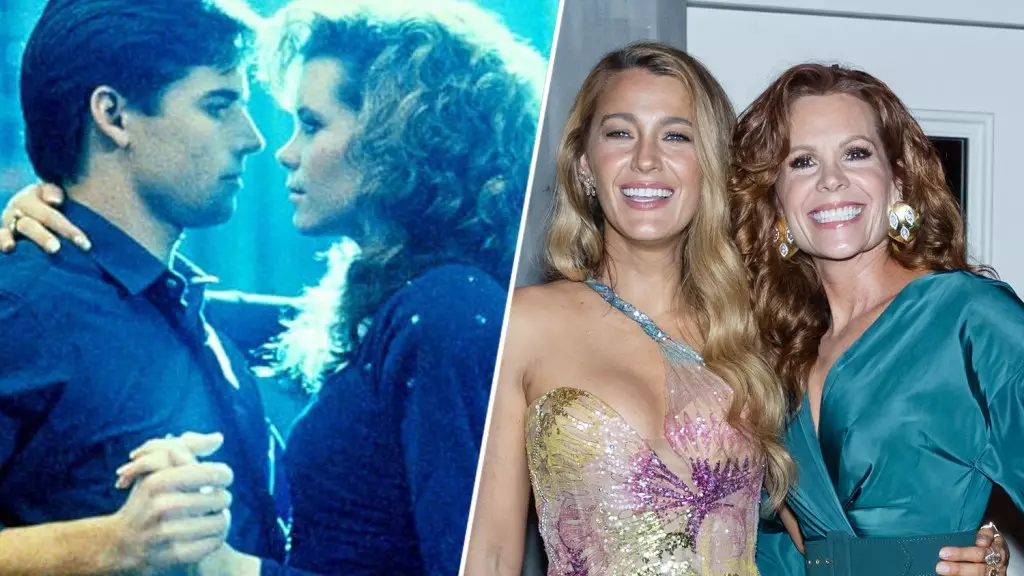In the realm of cinematic history, certain films redefine what it means to endure the test of time. One such movie is the 1989 fantasy comedy “Teen Witch,” which has recently celebrated its 35th anniversary. Initially met with lukewarm receptions, including criticism and disappointing box office numbers, the film’s legacy has since blossomed into a cherished cult classic. It boasts an array of dedicated fans who have found personal significance in Robyn Lively’s portrayal of high school nerd Louise Miller, a character who navigates the trials of adolescence with the help of newfound magical abilities.
Among the film’s ardent supporters is Robyn Lively’s younger sister, Blake Lively. As Robyn recounts, Blake was captivated by her sister’s role in “Teen Witch,” effectively turning into Robyn’s biggest fan. This sibling admiration takes on further significance, as it demonstrates how films like “Teen Witch” can inspire younger generations and create familial bonds over shared experiences. Blake and her husband Ryan Reynolds whimsically celebrated their love by recreating the movie’s iconic ‘Final Hour’ dance sequence at their wedding, providing an example of how deeply-held admiration for pop culture can influence personal milestones.
At its core, “Teen Witch” resonates for more reasons than its campy storyline. The film addresses a universal theme of seeking acceptance and identity during the formative years of youth. Louise’s journey into popularity through magical means highlights the often-held belief that external validation can offer solutions to personal insecurities. Yet, Robyn Lively acknowledges that the film has provided solace and encouragement to viewers navigating challenging times. She reflects on the meaningful conversations she’s had with fans, revealing the movie’s impact that transcends mere entertainment.
Despite its initial reception, “Teen Witch” forms part of a larger conversation about the importance of representation in film. As Robyn puts it, the movie has been both significant and transformative for many. It embodies a unique blend of fantasy and reality—allowing viewers to imagine worlds where their insecurities can be magically undone. As such, it acts as a touchstone for self-acceptance and empowerment, themes that resonate particularly well with younger audiences seeking a sense of belonging.
After more than three decades since its underwhelming release, “Teen Witch” has evolved from an overlooked film to a beloved entry in the pantheon of cult classics. With its relatable protagonist, themes of empowerment, and a strong familial connection embodied by the sisters Lively, it stands as a testament to the enduring power of film. The legacy of “Teen Witch” illustrates that true magic lies not only in the realm of fantasy but also in the profound connections it fosters and the inspiration it ignites across generations.


Leave a Reply